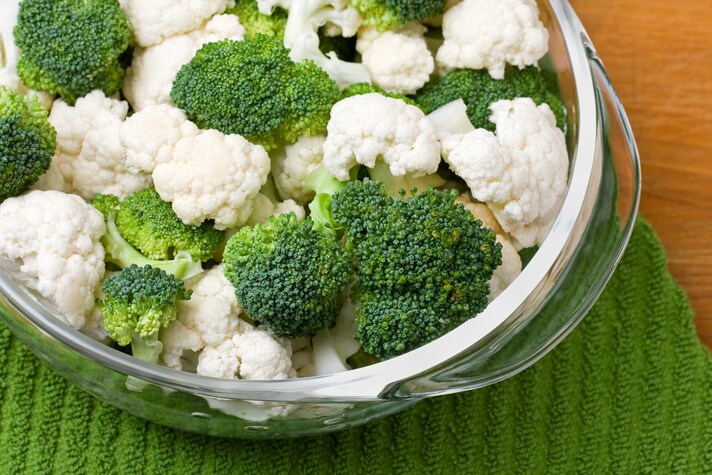;)
Winter weather can change the way our bodies behave, by altering our energy levels, metabolism and often food preferences.
When we’re cold and uncomfortable, we’re more likely to skip the gym and look for a high-calorie treat to make us feel better. Unfortunately, this does our health and our figures no good at all if it’s a regular occurrence – once or twice is ok (we’re only human, after all!).
Try looking for some healthier cold-weather foods than hot chocolate and baked puddings – here are a few good foods to add to your diet this winter.
1. Root Vegetables

It can be difficult to find fresh local produce in the cold weather, but root vegetables like carrots, beets, parsnips, and turnips are in season during the winter months. Roast carrots and parsnips together with a little olive oil for a beta-carotene boost.
2. Oatmeal

Oatmeal isn’t just a good breakfast food, it is full of nutrients like zinc and soluble fiber for digestion and a good immune system.
Instant oatmeal is more convenient, but more expensive. You can get old-fashioned oatmeal and still cook it in the microwave with milk to make porridge in a few minutes.
3. Soup

Hot, chunky soups were made for cold winter days! Try to avoid soups that use cream, salt, or beef, and look for recipes that use chicken broth, vegetable broth or water for a base. Lentil or pea soups are filling as well as healthy. Add lots of vegetables, and pair your soup with 100% whole grain crackers for a dose of grains.
4. Spicy Tuna Roll

Sushi may be a surprising alternative to traditional winter comfort foods, but give it a try! Choose rolls that use tuna or salmon, as both are good sources of vitamin D. In the winter months when you have limited sun exposure, you need to take more vitamin D in through your diet – especially if you live in places that have long, dark winters.
Vitamin D deficiency is linked with impaired growth, weakened bones, and the risk of heart disease.
5. Broccoli and Cauliflower

These cruciferous vegetables may provide some protection against getting sick in winter, along with washing your hands regularly and getting a flu shot.
These veggies are both high in vitamin C, which gives a boost to the immune system. They don’t have to be fresh – frozen vegetables are just as nutritious.
;Resize,width=767;)
